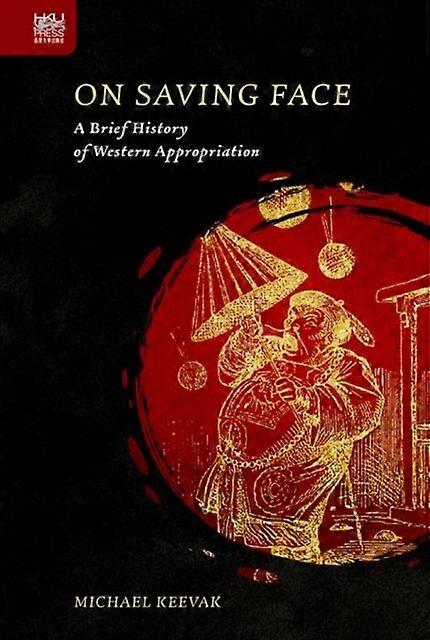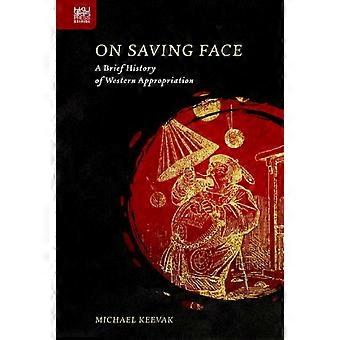설명
Inamp160On Saving Face Michael Keevak traces the Western reception of the Chinese concept of face during the past two hundred years arguing that it has always been linked to nineteenthcentury colonialism. amp8220Lose faceamp8221 and amp8220save faceamp8221 have become so normalized in modern European languages that most users do not even realize that they are of Chinese origin. amp8220Faceamp8221 is an extremely complex and varied notion in all East Asian cultures. It involves proper behavior and the avoidance of conflict encompassing every aspect of ones place in society as well as oneamp8217s relationships with other people. One can amp8220give faceamp8221 amp8220get faceamp8221 amp8220fight for faceamp8221 amp8220tear up faceamp8221 and a host of other expressions. But when it began to become known to the Western trading community in China beginning in the middle of the nineteenth century it was distorted and reduced to two phrases only amp8220lose faceamp8221 and amp8220save faceamp8221 both of which were used to suggest distinctly Western ideas of humiliation embarrassment honor and reputation. The Chinese were judged as a race obsessed with the fear of amp8220losing their faceamp8221 and they constantly resorted to vain attempts to amp8220saveamp8221 it in the face of Western correction. amp8220Lose faceamp8221 may be an authentic Chinese expression but amp8220save faceamp8221 is different. amp8220Save faceamp8221 was actually a Western invention.amp160
-
Fruugo ID:
422888515-889780379
-
ISBN:
9789888754281
배송 및 반품
당사는 귀하께서 주문하신 제품이 주문 명세에 따라 빠짐없이 배송되도록 온 힘을 기울이고 있습니다. 다만, 주문하신 것과 다른 상품이 배송되거나 빠진 상품이 있는 경우, 또는 주문 내용에 만족할 수 없는 다른 이유가 있는 경우에는 주문 전체나 주문에 포함된 일부 제품을 반품하시고 해당 상품에 대해 전액 환불받으실 수 있습니다. 전체 반품 정책 보기

